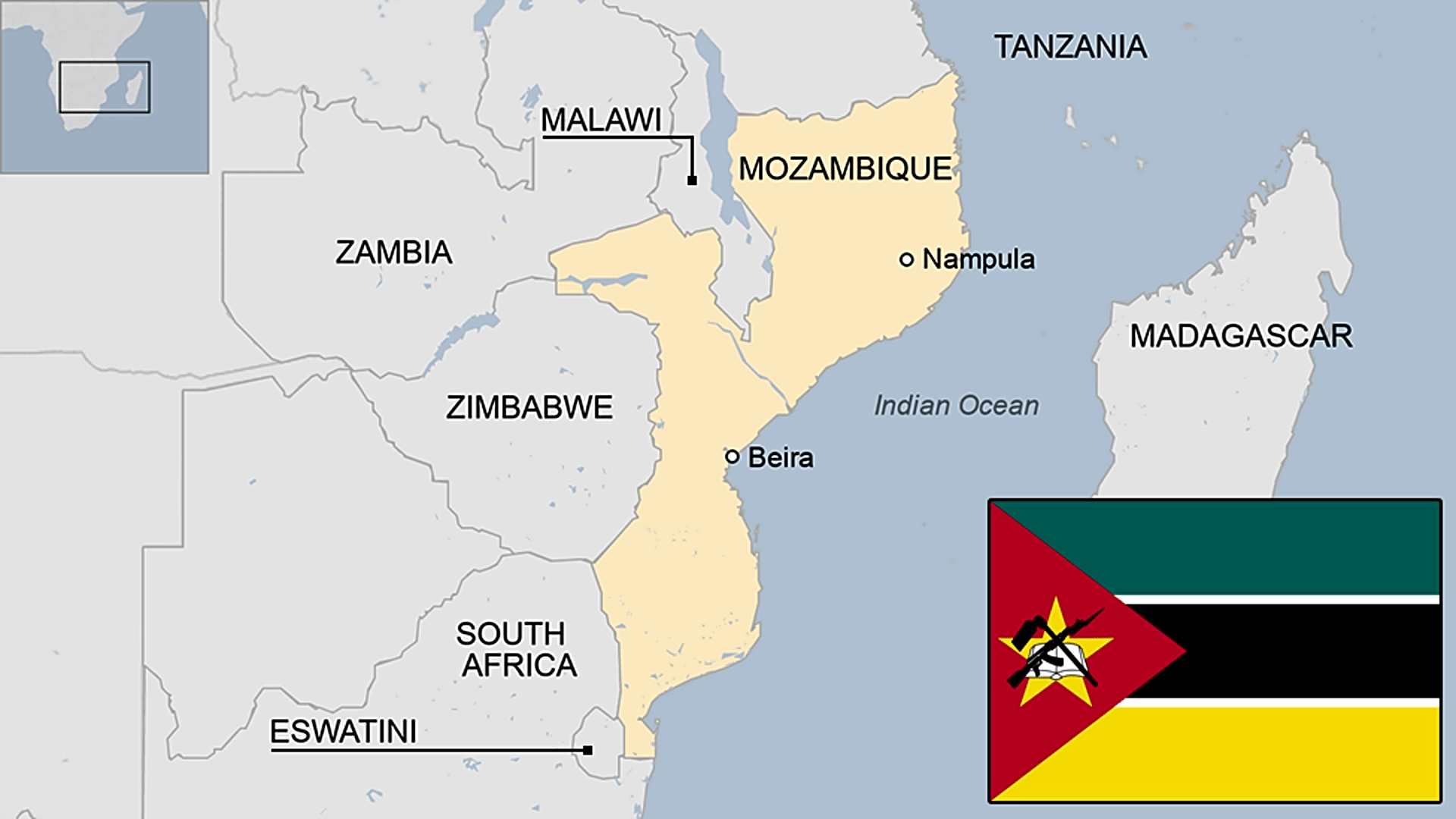Summarized by AI Model:facebook/bart-large-cnn
A $1 investment in digital transformation can result in a $8.3 return in a nation's digital economy. Digital technology and artificial intelligence (AI) will account for 70% of global economic development. Huawei cautions that although some nations are investing heavily in their digital future, others are falling further behind.According to Huawei’s Global Digitalisation Index (GDI), which was presented at GITEX Dubai 2024, a $1 investment in digital transformation can result in a $8.3 return in a nation’s digital economy.
The new Global Digitalisation Index, which was developed in collaboration with the International Data Corporation (IDC), takes into account a number of digital infrastructure indicators, such as computing, storage, cloud, and green energy, to gauge the level of maturity of a nation’s ICT sector. According to the report, during the next five years, digital technology and artificial intelligence (AI) will account for 70% of global economic development.
But Huawei cautions that although some nations are investing heavily in their digital future, others are falling further behind. Leo Chen, Senior Vice President and President of Enterprise Sales at Huawei, stated, “We hope that the GDI will give every country a clearer vision of and plan for its digital and intelligent transformation.”
Technology is reshaping industries.
Less than half of devices are currently connected, and computation is expensive, energy-intensive, and scarce, according to the survey. Additionally, only 12% of sectors and industry scenarios are using AI. It’s also challenging to close the gaps in ecosystem maturity, talent preparation, and the creation and application of policies.
Leo continued, “This is not to mention more specific issues like data silos and the intricacy of integrating different processes within an industry, retraining a workforce accustomed to physically demanding work to be able to perform more agile tasks, and the inevitable cybersecurity concerns related with uploading industry information to cloud-based services.”
He pointed out that such intricacies might be handled by a number of stakeholders collaborating to create customised, flexible, and safe solutions that would subsequently result in lower costs, increased productivity, and new business models. “In the energy sector, for example, AI and IoT-driven insights can optimise resource allocation and utilisation, minimise waste, and streamline processes. This is already emerging across multiple industries,” Leo stated.
The IT giant is also working with partners to develop industry-specific solutions, such as an ICT talent cultivation program and a cloud solution for the national government. In order to facilitate industrial digital and intelligent transformation and improve the lives and work of people worldwide, Huawei is prepared and eager to collaborate with more clients and partners, Leo stated.
Huawei anticipates that the GDI will assist company executives and governments in assessing their progress in digital transformation. This tool supports the company’s mission to increase the usability and accessibility of digital technology for companies of all sizes.


